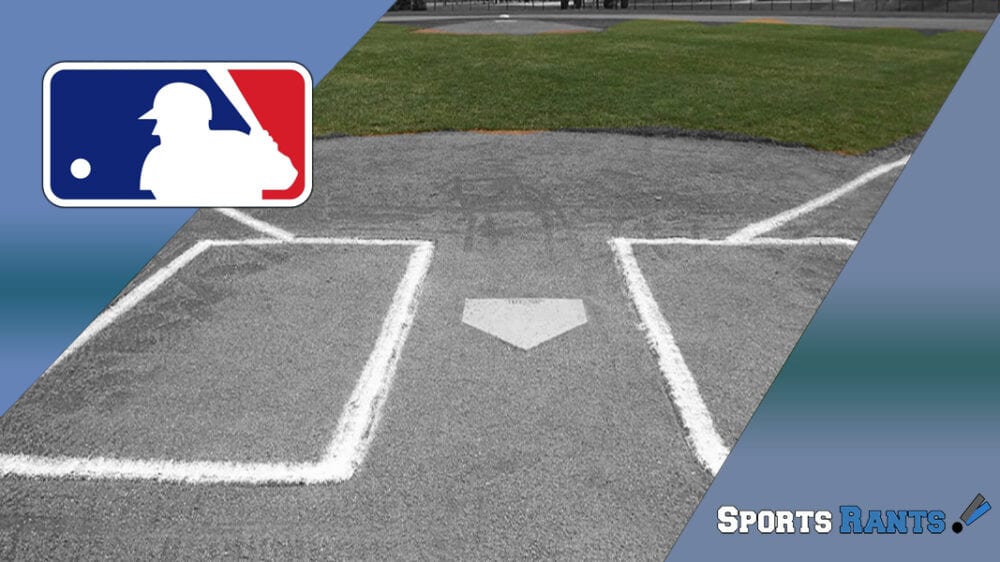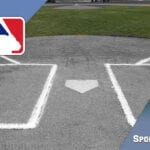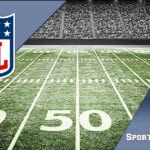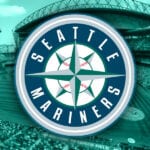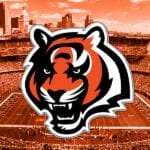As Major League Baseball tried to hammer out a deal to return to play, commissioner Rob Manfred says that testing is critical for the league to return in the coming weeks.
During an appearance on CNN on Thursday night, Manfred outlined coronavirus testing protocols that MLB is hoping to implement and says that frequent tests will be the key to restarting the MLB season.
Manfred also said that a positive test for coronavirus won’t necessarily mean that an entire team will have to shut down.
Manfred and the MLB Player’s Association are working together on an in-depth health plan, and MLB intends to test players and baseball personnel multiple times a week by using a drug testing lab in Utah that has been converted to process coronavirus tests by the thousands on a weekly basis.
“Our experts are advising us that we don’t need a 14-day quarantine,” Manfred said in an interview with CNN anchors Anderson Cooper and Dr. Sanjay Gupta, according to ESPN’s Jesse Rogers.
“What we will do is, the positive individual will be removed from the rest of the group. There will be a quarantine arrangement in each facility and in each city, and we’ll do contact tracing for the individuals that we believe there was contact with, and we will do point-of-care testing for those individuals, to minimize the likelihood that there’s been a spread.”
MLB is looking to reopen baseball in early July but needs to work out a deal with players to return to play, which may be a bigger challenge than the league would desire.
“We hope that we will be able to convince the vast majority of our players that it’s safe to return to work,” Manfred said. “The protocols for returning to play, the health-related protocols, are about 80 pages in length. They’re extraordinarily detailed.
“So we hope that we’ll be able to convince them that it’s safe. At the end of the day, however, if there’s a player with either health conditions or just their own personal doubts, we would never try to force them to come back to work. They can wait until they feel they’re ready to come.”
Everything from the cleanliness of chartered flights between series to reduced exposure by players to stadium workers will be included in these protocols according to Manfred, and testing will be key to baseball’s return in July.
“All of our players would be tested multiple times a week — PCR testing to determine whether or not they have the virus,” Manfred said. “That testing would be supplemented less frequently by antibody testing as well.”
With the regular season tentatively slated for a return in July, MLB is looking to hold a second version of Spring Training in June, but it is contingent on the health situation at that time.
“The lab in Utah has assured us of a 24-hour turnaround on all of our tests,” Manfred said. “So we feel comfortable that by doing multiple tests a week and trying to minimize that turnaround time, we’re doing everything humanly possible to make sure that the players are safe.”
As of right now, Manfred says the plan is for games to take place in an empty stadium, without fans.
“Playing in empty stadiums is not a great deal for us economically, but our owners are committed to doing that because they feel it’s important that the game be back on the field, and that the game be a sign of a beginning to return to normalcy to American life the way we’ve always enjoyed it,” Manfred said.
“We’re a big business, but we’re a seasonal business, and unfortunately, this crisis began at kind of the low point in terms of us for revenue — we hadn’t quite started our season yet. And if we don’t play a season, the losses for the owners could approach $4 billion.”


